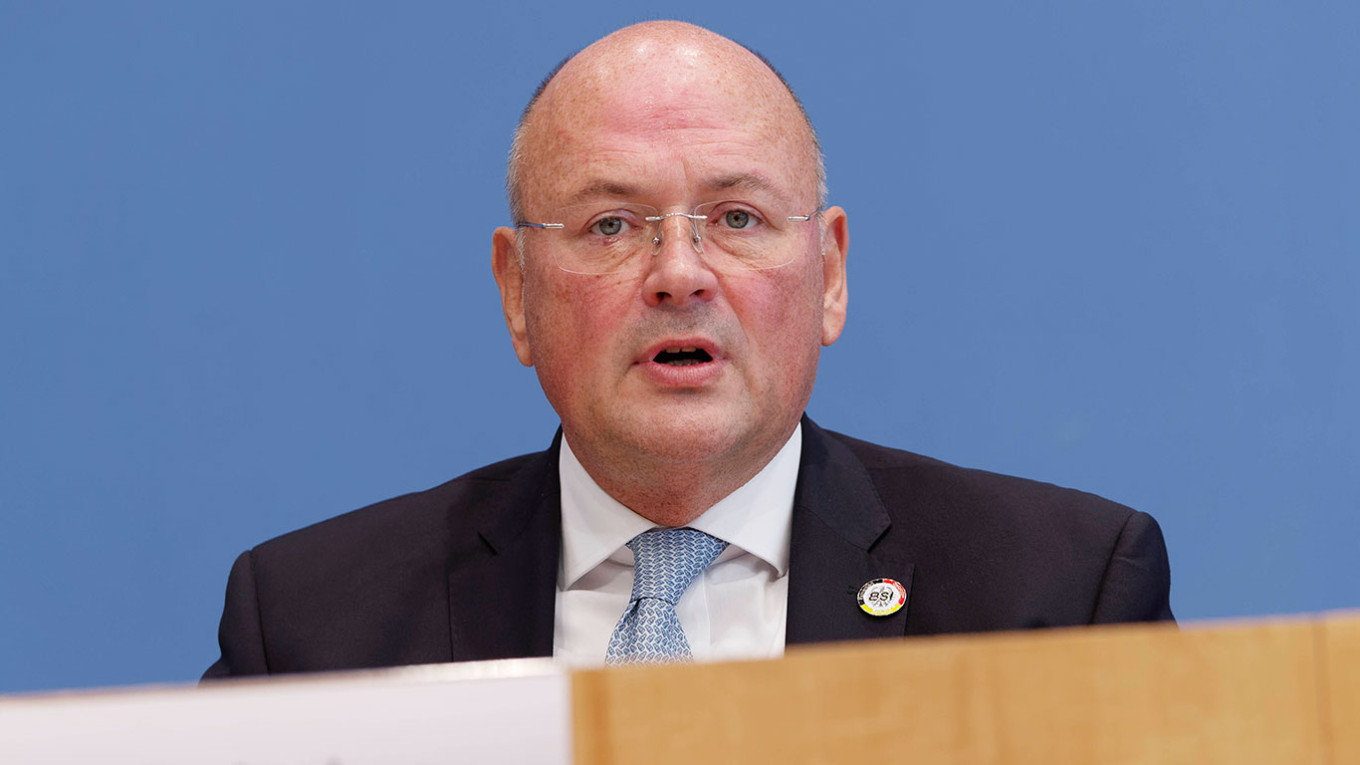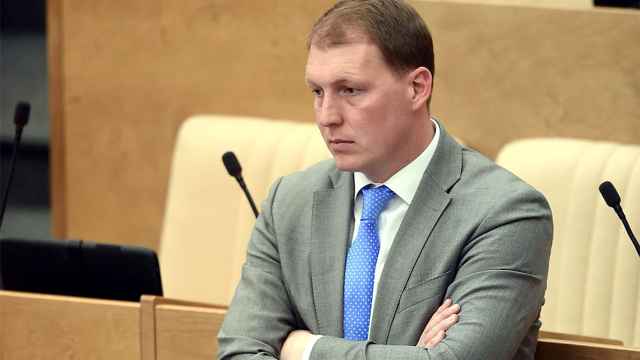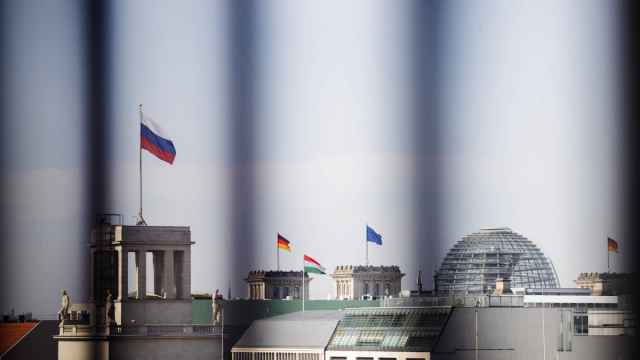Germany's cybersecurity chief has been sacked after a TV satire show accused him of having ties to the Russian intelligence services, an interior ministry spokesman told AFP on Tuesday.
Arne Schönbohm, head of the Federal Cyber Security Authority (BSI), had been relieved of his duties "with immediate effect," the spokesperson said.
"The background to this is not least the allegations revealed and widely discussed in the media," he said.
Schönbohm was accused in an investigation by broadcaster ZDF of contacts with Russian secret services through an association he co-founded in 2012.
The spokesperson said the allegations had "permanently damaged the necessary public trust" in Schönbohm as head of the authority.
"This is all the more true in the current crisis situation regarding Russian hybrid warfare," he said.
The association at the center of the allegations, known as the Cyber Security Council Germany, advises businesses, government agencies and policymakers on cyber security issues.
According to the popular satire program on ZDF that broke the story, Schönbohm still maintains contact with the organization.
"All known allegations will be thoroughly and emphatically examined and subject to a detailed evaluation," the spokesperson said, adding that Schönbohm would be "presumed innocent" in the meantime.
Germany has in recent years repeatedly accused Russia of attempting cyber espionage.
The most high-profile incident blamed on Russian hackers to date was a cyberattack in 2015 that paralyzed the computer network of the lower house of parliament, the Bundestag, forcing the entire institution offline for days while it was fixed.
Russia denies being behind such actions.
Tensions between Russia and Germany have only intensified since Moscow's invasion of Ukraine.
The BSI has warned that companies, individuals and critical infrastructure are at risk of being hit by Russian cyberattacks.
A Message from The Moscow Times:
Dear readers,
We are facing unprecedented challenges. Russia's Prosecutor General's Office has designated The Moscow Times as an "undesirable" organization, criminalizing our work and putting our staff at risk of prosecution. This follows our earlier unjust labeling as a "foreign agent."
These actions are direct attempts to silence independent journalism in Russia. The authorities claim our work "discredits the decisions of the Russian leadership." We see things differently: we strive to provide accurate, unbiased reporting on Russia.
We, the journalists of The Moscow Times, refuse to be silenced. But to continue our work, we need your help.
Your support, no matter how small, makes a world of difference. If you can, please support us monthly starting from just $2. It's quick to set up, and every contribution makes a significant impact.
By supporting The Moscow Times, you're defending open, independent journalism in the face of repression. Thank you for standing with us.
Remind me later.






